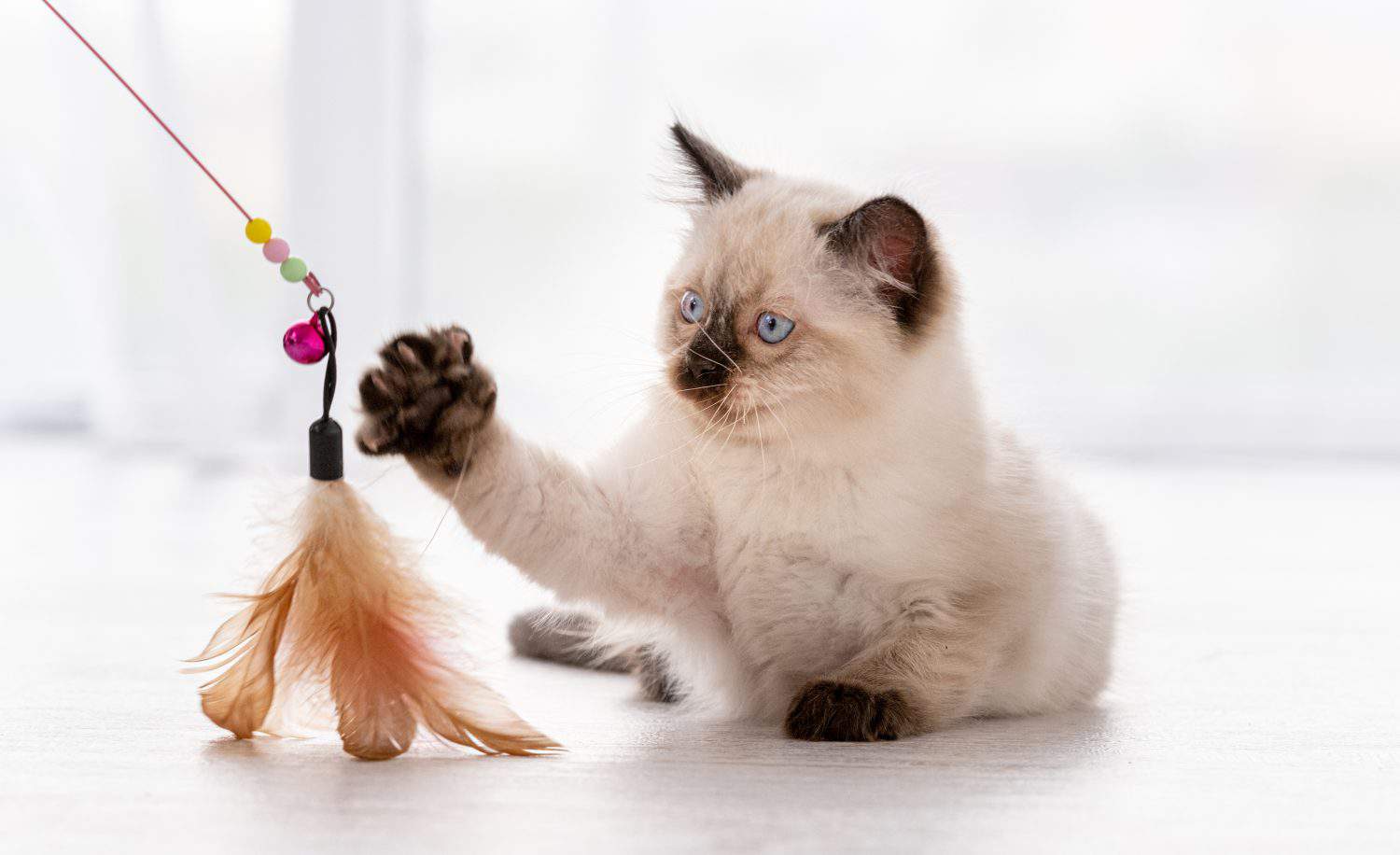You cherish your cat and wouldn’t do anything to hurt the little, mischievous creature. Cats may drive you nuts at times with all their silly antics (particularly when it’s 3 AM, they’re wailing at your door for the 10th night in a row, and all you want to do is sleep). But you learn to love them wholeheartedly, no matter how inconvenient they can be at times. Here’s the thing, though: even the most loving cat owner can make mistakes, accidentally leading to an unhappy or unhealthy kitty.
Some of the items on this list may cause an experienced cat owner to scoff, uttering duh under their breath. Other items may have you recollecting past moments when you didn’t know better and made some of these mistakes. New cat owners can benefit from learning all the ins and outs of what not to do before facing devastating circumstances. Either way, if you want to ensure your cat lives the best life possible under your care, review this list to ensure you’re not unintentionally putting your beloved kitty at risk.
To compile this list of things to never do as a cat owner, 247 Tempo reviewed several reputable veterinary sites, including VCA Hospitals, ASPCA, and the Cornell University College of Veterinary Medicine. (Also See 15 Things You Did Not Know Cats Can Do)
1. Declaw

It’s an inhumane procedure that most veterinarians refuse to offer. In some states, like Maryland and New York, declawing a cat is illegal. When a cat is declawed, a host of issues emerge. Your kitty may begin experiencing paw pain as the natural position of the paws while moving is permanently altered. This could lead to lameness in some cases and back pain in others. Cats scratch. This is a must-accept reality for cat owners. Providing scratch posts throughout the home and using double-sided sticky tape on furniture are two simple solutions to redirect your cat’s scratching behavior.
2. Fail to Spay or Neuter
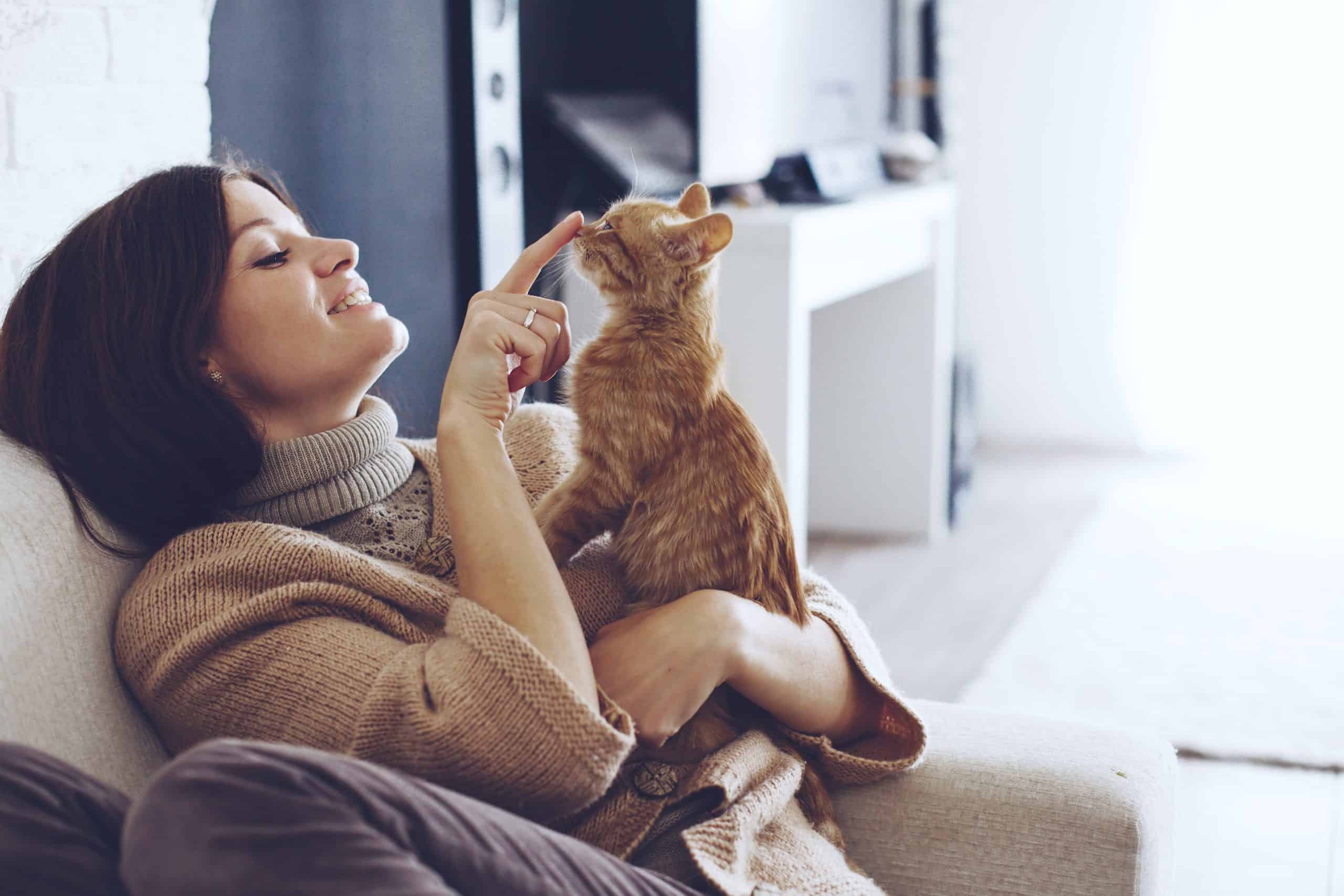
Unless you are planning to breed your cats, follow through with spay and neuter surgery. Female cats go into heat multiple times each month, which means they’re going to be looking for opportunities to escape the home and mate. The same goes for male cats who get highly motivated to find a female if they’re not neutered. In both cases, you risk them escaping, mating, and potentially bringing kittens to your door. Male cats often start spraying when they’re not neutered, which quickly becomes a nuisance indoors.
3. Forget to Microchip

Even the most skittish indoor cat can find itself outdoors, overwhelmed and confused. Mistakes and natural disasters happen. You can’t plan for all circumstances. When cats leave the home, a microchip ensures that if your cat is found, a vet office or animal control officer can access your information and let you know where to retrieve your kitty. Without a microchip, even with the best efforts at finding an owner, a kitty may end up in a shelter or taken in by someone who believes they’re saving a stray.
4. Ignore Changes in Behavior
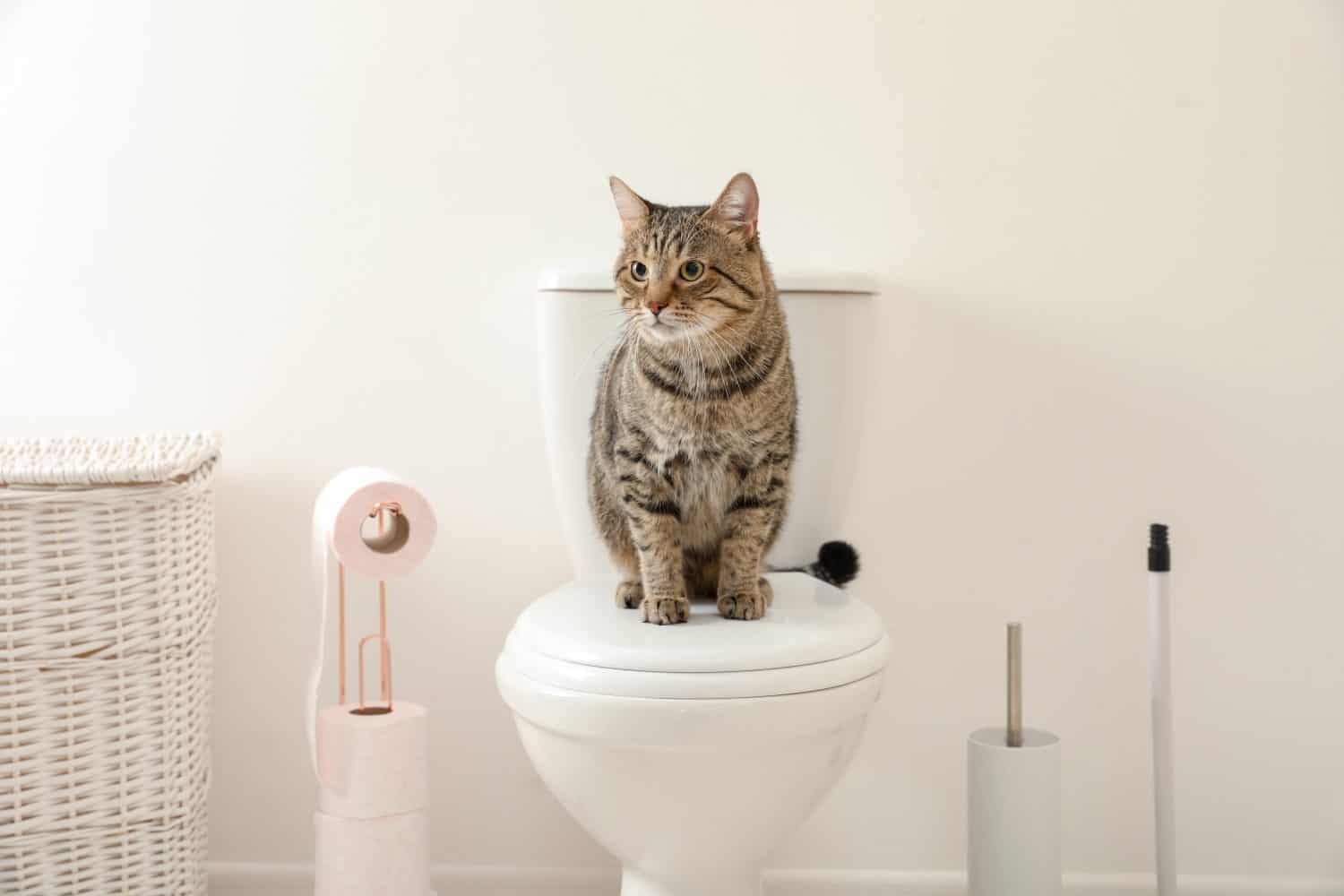
When your cat starts behaving differently, it’s for a reason. They could be unhappy with changes in the home, they could be injured, or they could be sick. Keep an eye on your kitty to try and determine what needs to change to make them comfortable at home again. When you notice changes in behavior, contact your veterinarian for advice.
5. Skip Vet Appointments
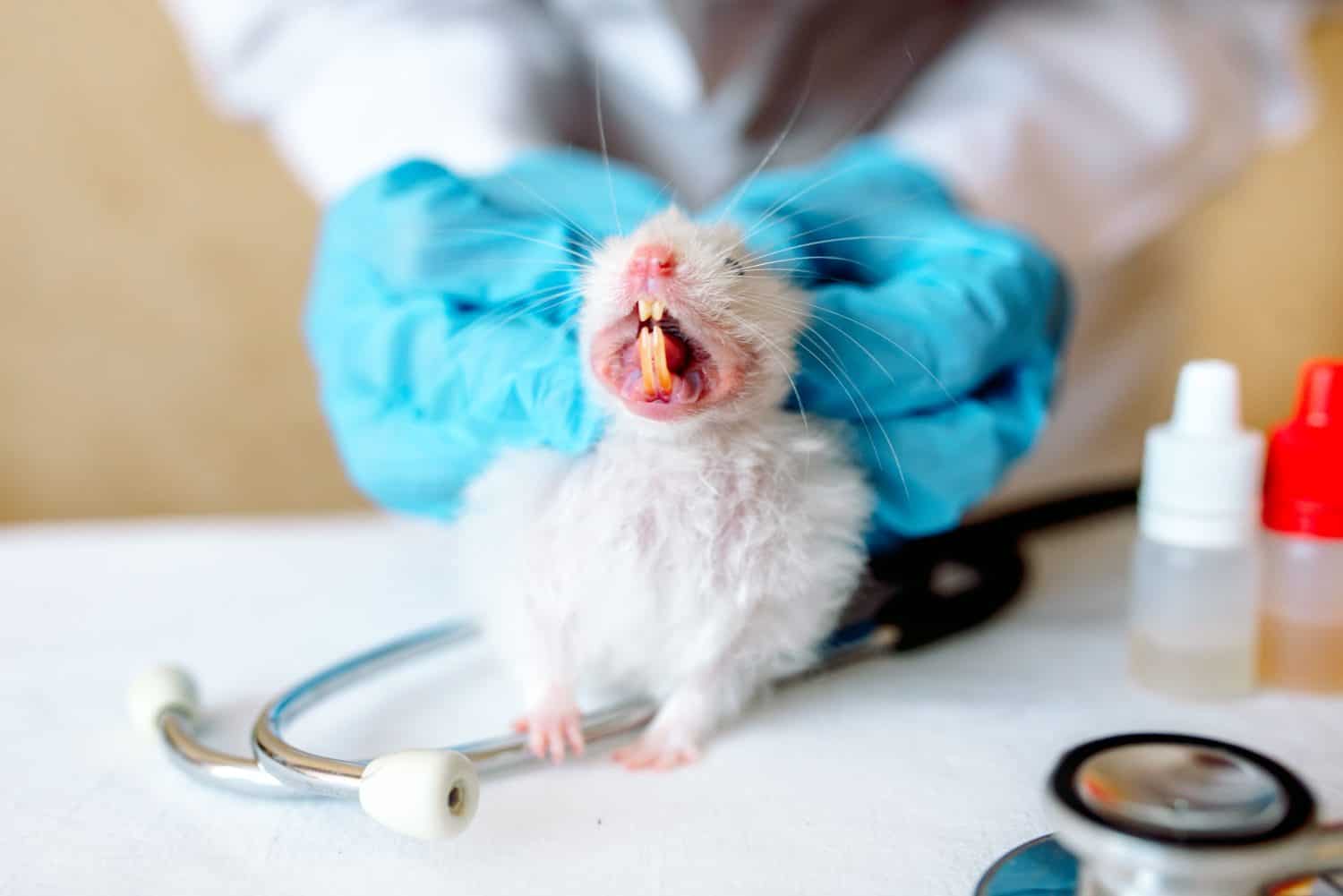
Whether it’s an annual check-up or a visit following injury or illness, don’t skip vet appointments. Annual visits help your vet track your cat’s health and note any changes that require attention. Vet costs can add up so to give yourself peace of mind, consider purchasing a pet insurance policy that covers accidents and illnesses. This way, you never have to hesitate when it comes to getting your kitty care when they need it.
6. Feed Cow’s Milk

When kittens are still drinking their mother’s milk, their bodies produce a digestive enzyme that allows them to process the milk. Once they’ve been weaned, their bodies no longer produce this enzyme, which leads to lactose intolerance in most cats. When they consume cow’s milk, they get gassy, experience tummy pain, and may vomit or have diarrhea. Although you enjoy your dairy treats and may want to share them, it’s best keep them away from your feline friends.
7. Free-feed
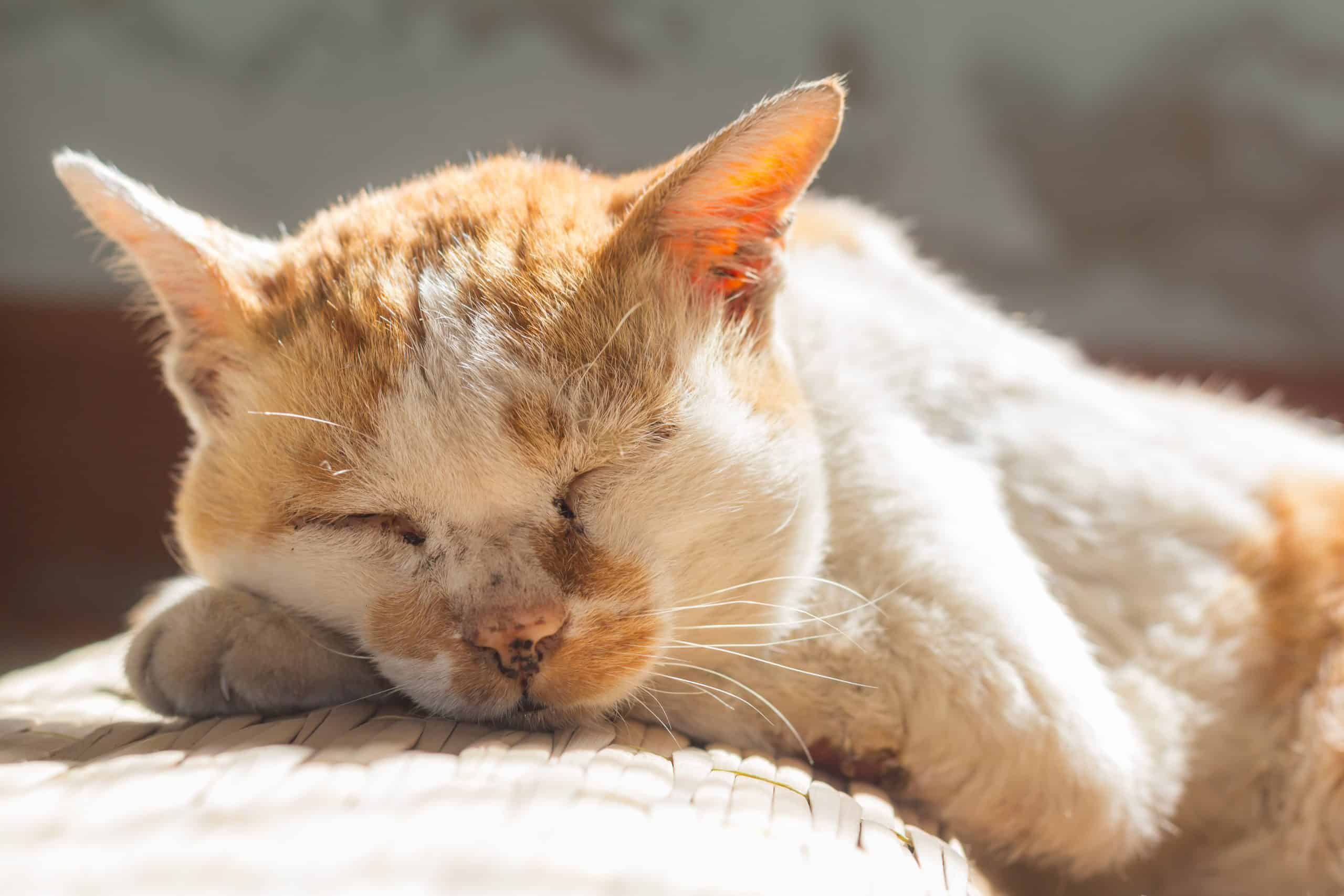
It’s convenient for you, but not optimal for cats. Free-feeding is the practice of keeping a food bowl full of kibbles throughout the day and night so your cats can help themselves when they’re hungry. The problem with this practice is that most cats begin to overeat when food is readily available at all times of the day. This leads to obesity, which then opens the door for several more health conditions, including diabetes. Additionally, you’re unable to determine if there is a notable change in eating habits, which keeps you in the dark about your cat’s health.
8. Keep Plants/Flowers Toxic to Cats
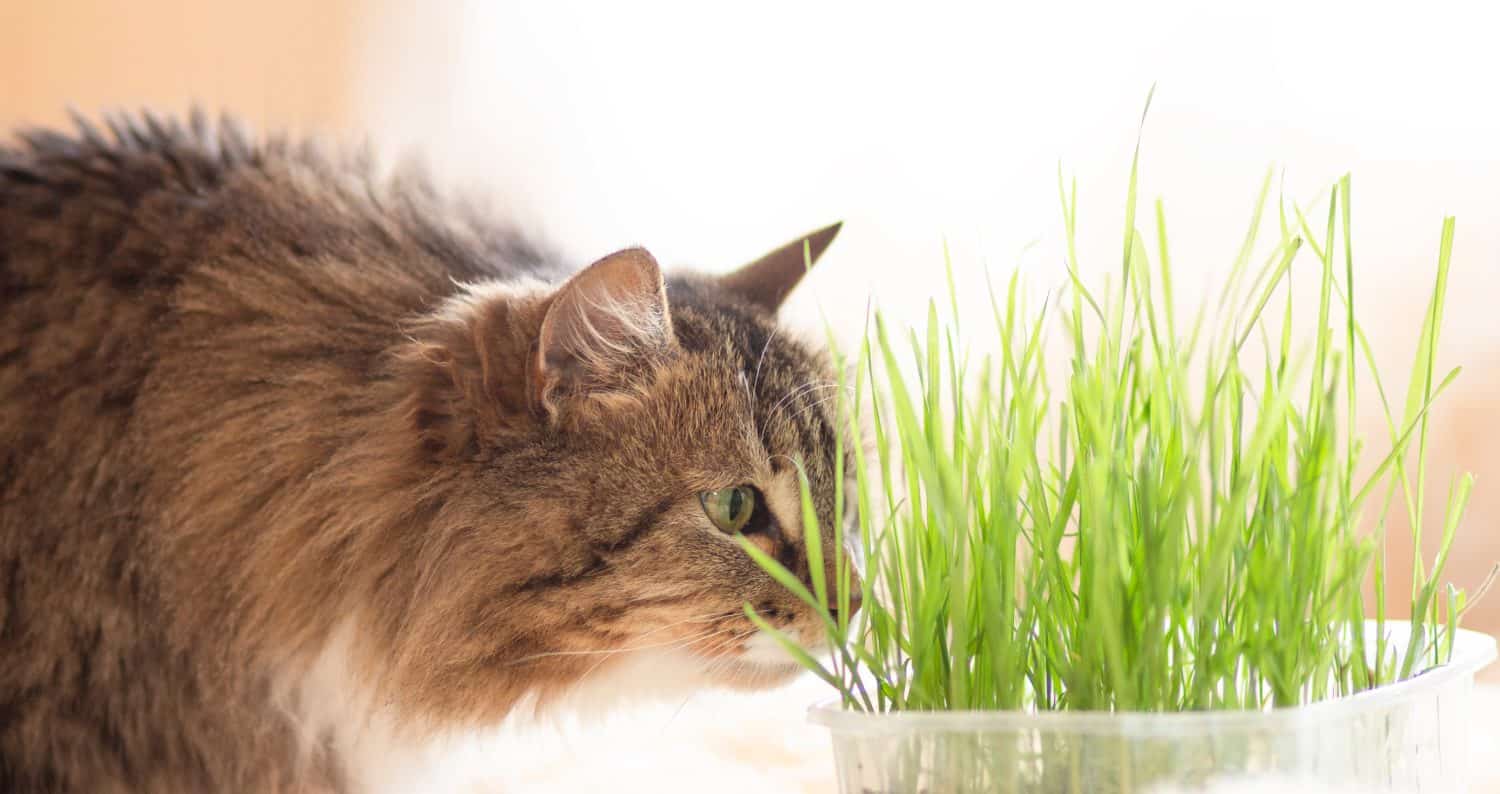
There are several different plants/flowers that are toxic to cats, including tulips, lilies, jade plants, and English ivy. Cat lovers are often plant lovers, so it’s best to only bring home plants that are safe around cats. If there are toxic plants present in the home, be sure to place them in areas that are inaccessible to cats, like on floating shelves or in separate rooms that cats can’t access.
9. Give Them Table Food

It’s hard to say no to a persistent cat, but table food isn’t appropriate for cats. Some of the main ingredients in many dishes are toxic to cats, including onions and garlic. What to you is a simple, delectable bite could poison your pet. Getting them accustomed to eating table scraps throws off their daily caloric intake and blurs the line between what they should and should not be consuming. Cats do better with routine, which means providing them with cat-specific meals at the same time each day.
10. Keep Yarn, String, or Tinsel Accessible
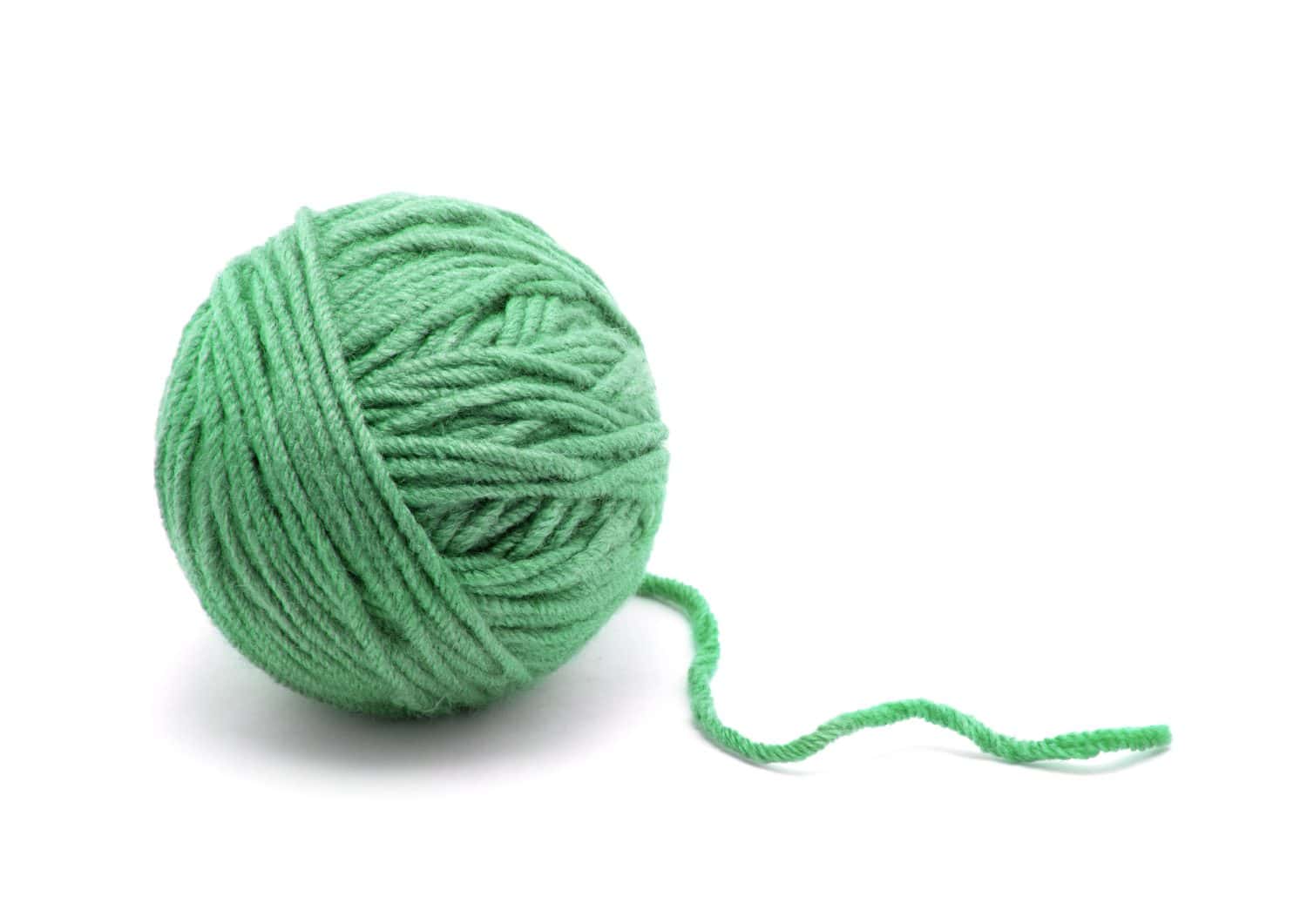
Yarn, string, tinsel, or anything like it easily attracts a cat’s attention. They start playing, they start chewing, and they start swallowing. When ingested, stringy items can start to cut through the intestinal lining, creating an emergency that requires immediate veterinary care. Additionally, if you ever spot string protruding from your cat’s mouth of butt, never pull on it. Take them to the vet instead.
11. Skip Vaccines/Deworming

Vaccines help to protect your pet from diseases, including feline distemper, rabies, calicivirus, and feline herpes virus 1. During kittenhood, kitties may have worms, which requires a dewormer. Without it, they may experience an intestinal blockage, which could lead to death. Staying on top of deworming and vaccines ensures your cat is protected.
12. Force Affection
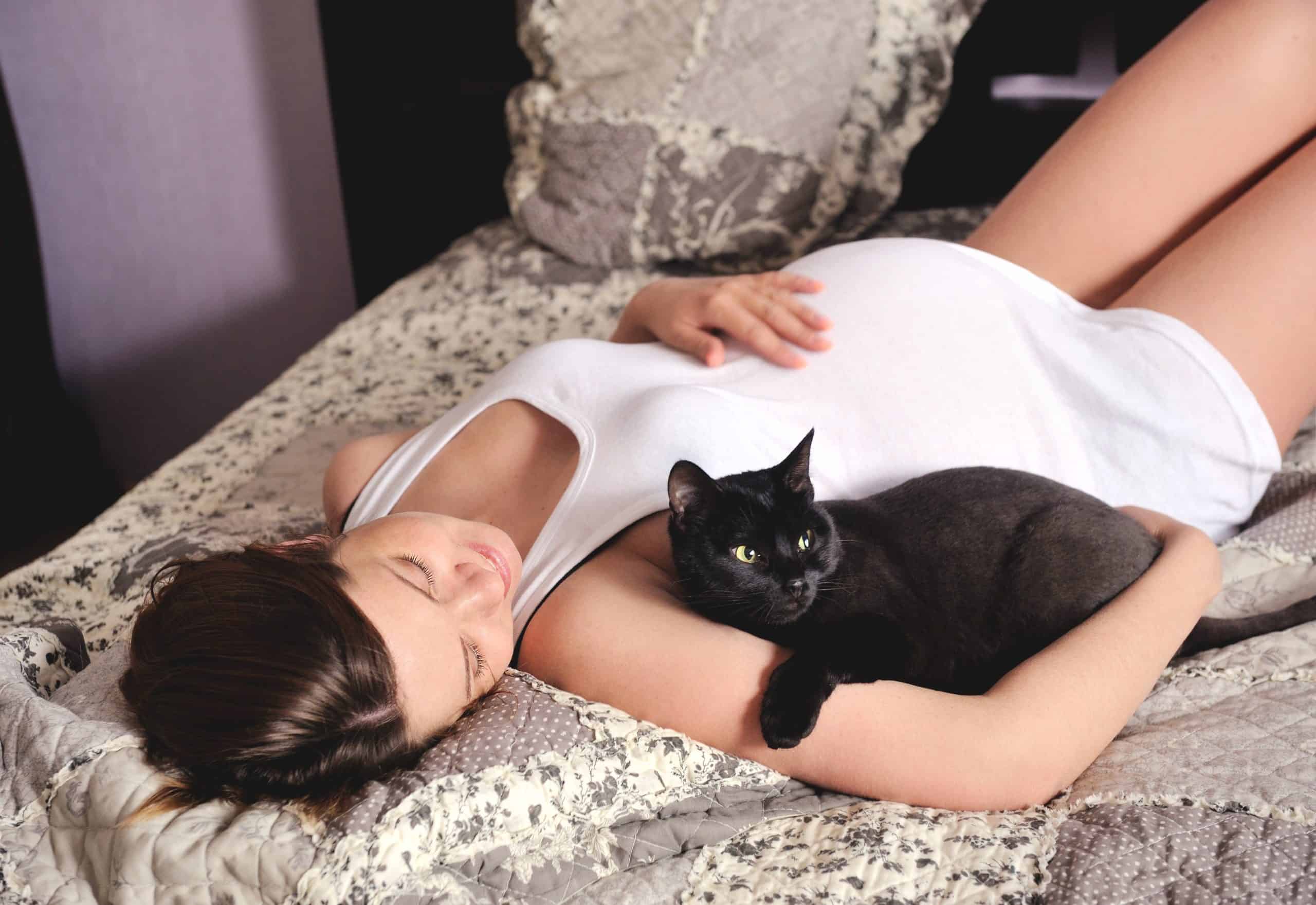
They’re unbearably cute but just like you wouldn’t want someone picking you up or petting you for their own enjoyment, cats have boundaries too. Don’t pick up or smother your cat with kisses when they’re desperately trying to get away from you. Let affection be mutual with your kitties. Touch can overwhelm cats and if they view you as a source of discomfort, they’re going to avoid you. If you want closeness with your pet, respect their boundaries.
13. Leave Windows/Doors Open

Cats are easily distracted and their curiosity can lead them outdoors if you’re not careful. Even a cat that has lived indoors for years can venture outside on a whim if they’re provided with the opportunity to act on their curiosity. Keep windows and doors securely closed.
14. Give Human Medication
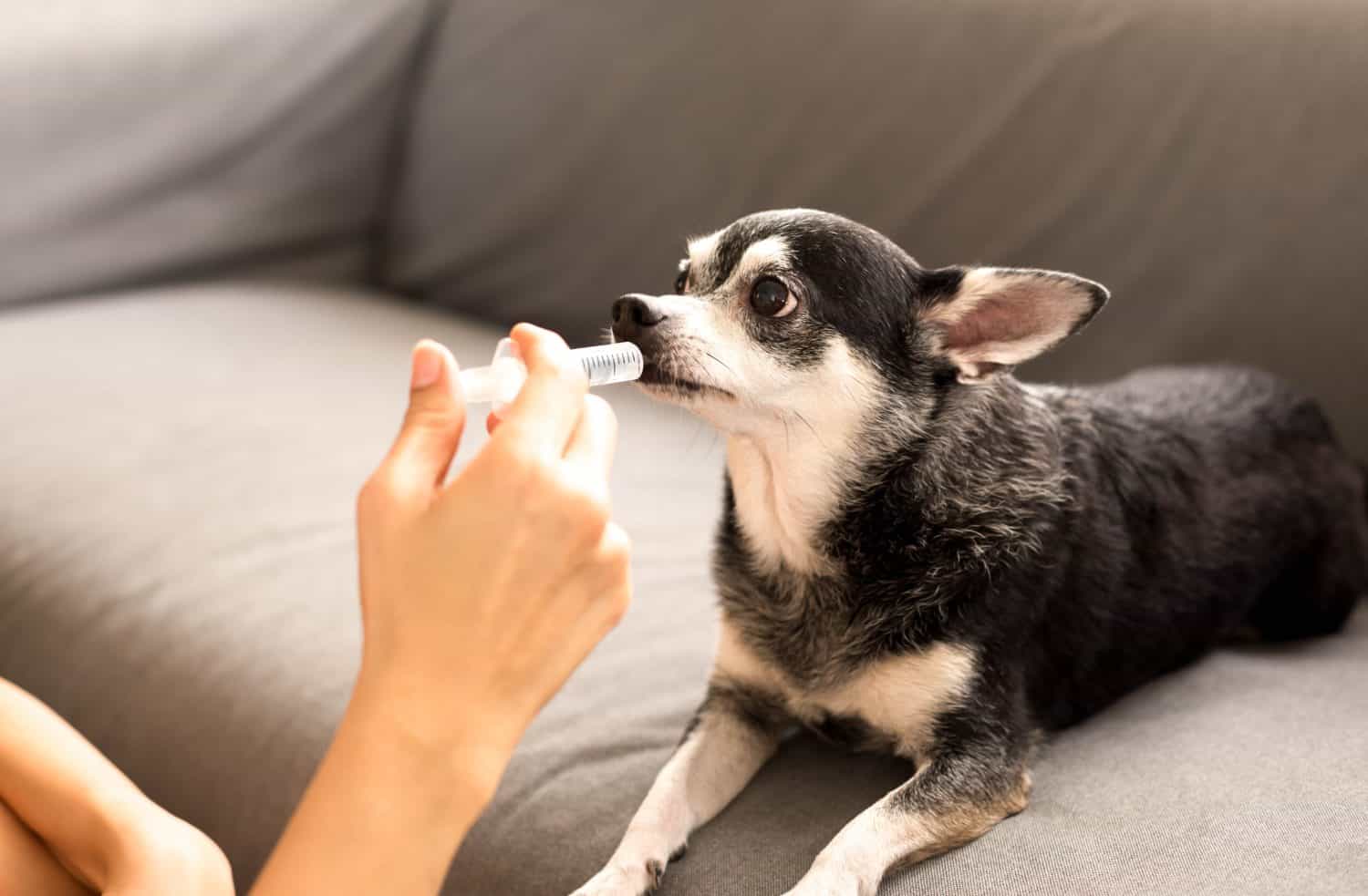
This is in par with not skipping vet visits. If your cat needs medication, obtain it through the proper means — a prescription from your veterinarian. Dosing your cat with human medication can poison them. Medicine intended for cats is formulated just right to account for their significantly lower body weight.
15. Use Your Hands for Playtime
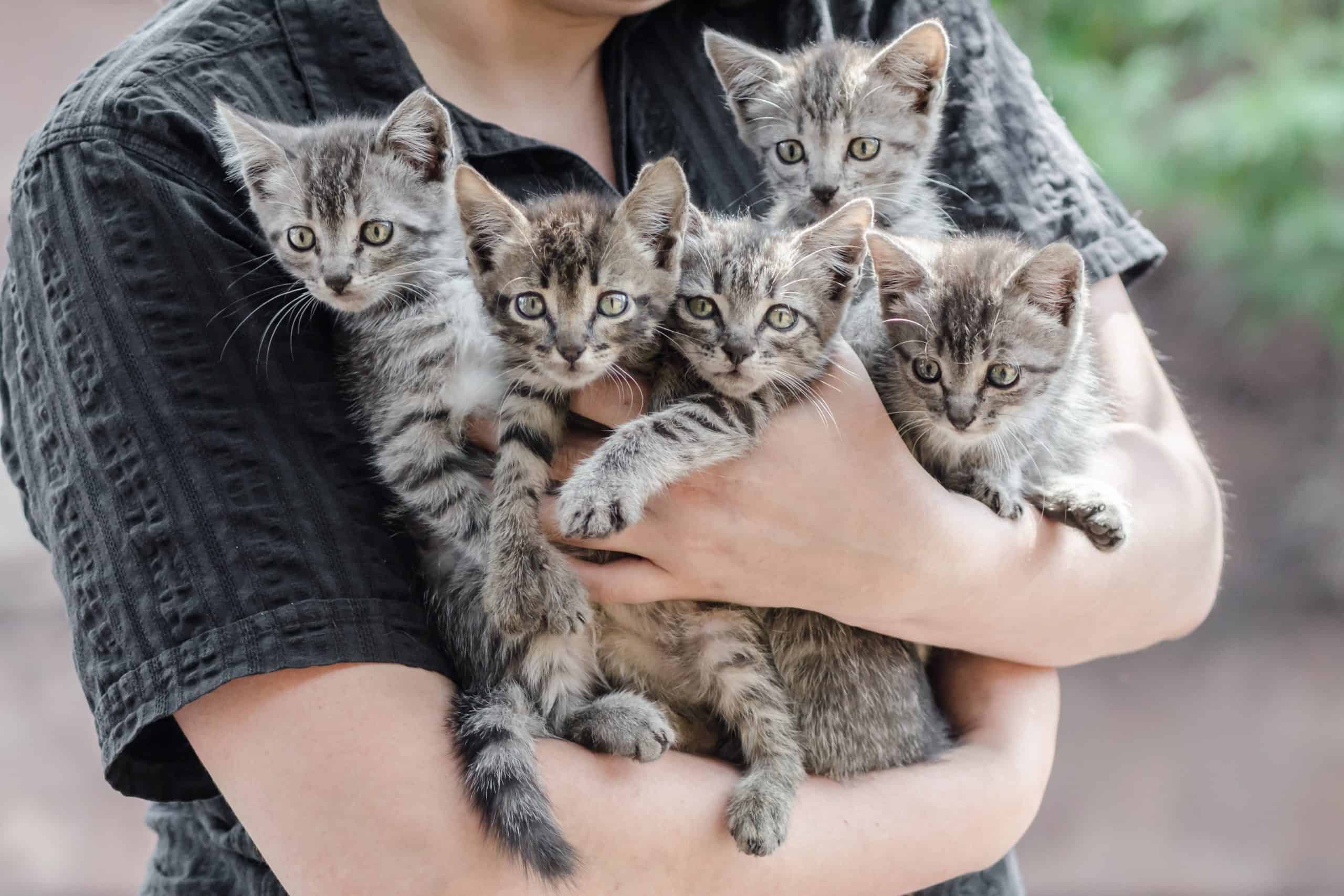
It’s tempting to use your hands to play with your cat, especially when they’re still kittens and their little toe bean daggers aren’t as destructive. But cats don’t stay tiny and when they’re older, they could inadvertently hurt you when trying to engage in play. Instead of using your hands, redirect play to a toy like a wand or a stuffed cat toy.
16. Skip Flea, Tick, and Heartworm Treatments
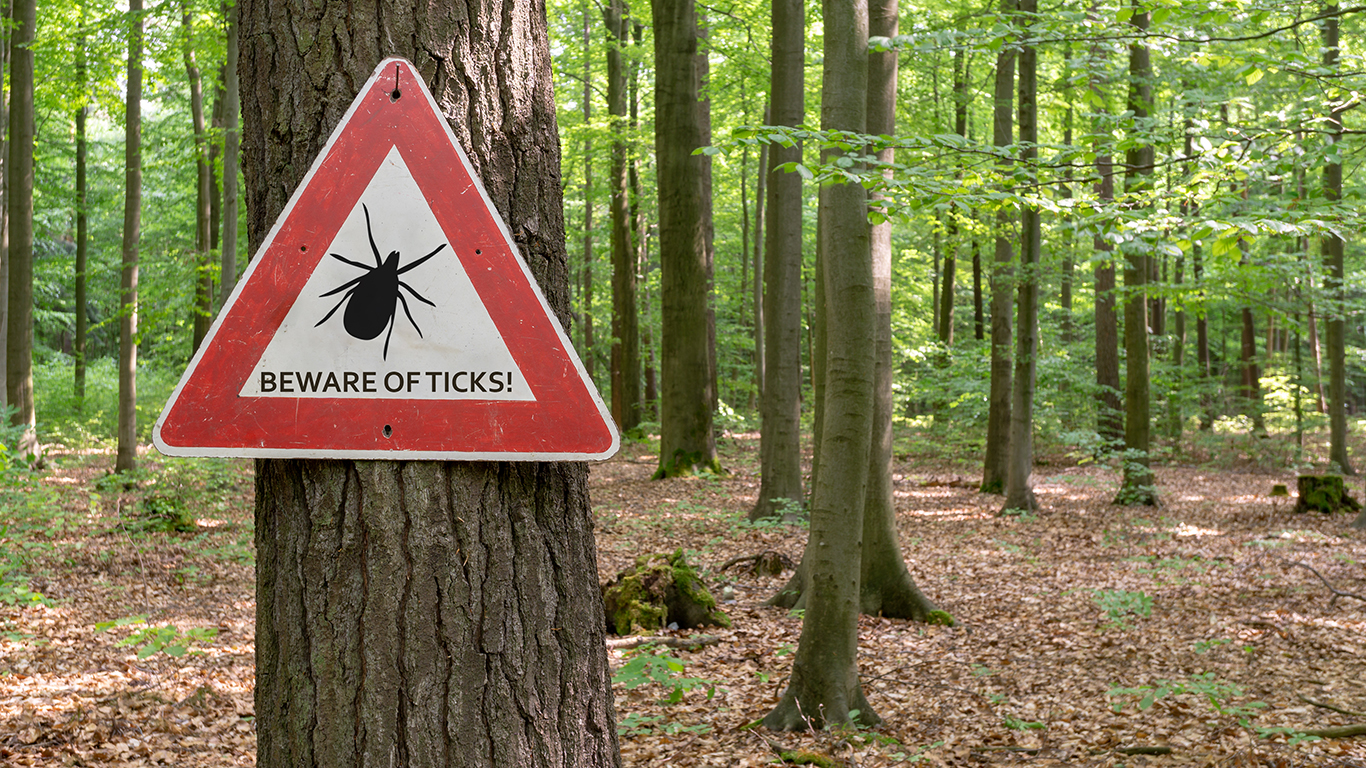
tick insect warning sign in forest
Even if you have an indoor-only cat, you can track in fleas, ticks, and mosquitoes from outdoors. Unprotected, your kitty could develop a flea infestation (which also infests your home). Ticks can carry a range of diseases, including Lyme disease, babeseosis, and ehrlichiosis. Infected mosquitoes could also fly into your home, causing heartworms after a bite.
17. Leave Them Unattended for More Than 24 Hours
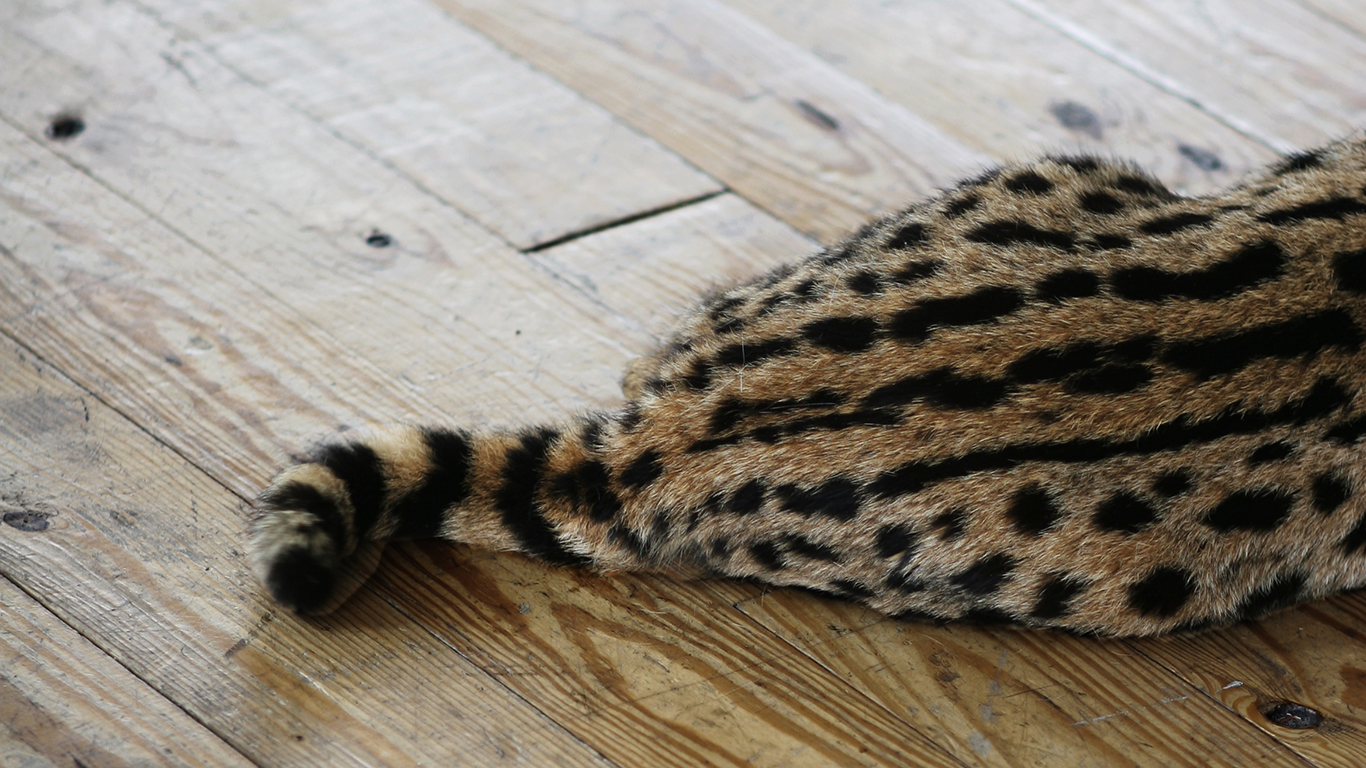
African Serval Tail
Cats get lonely. If you have a pet camera, you know how true this is. Your kitty depends on you for food, comfort, and for a clean litter box. When you’re gone more than 24 hours, anxiety starts to set in for cats. Routine helps cats feel safe and when something changes, they immediately notice and start to wonder if their ability to survive is at risk.
18. Fail to Provide an Enriching Environment
Indoor cats need an enriching life indoors or they get bored. A bored cat can develop behavioral issues. They may isolate, develop anxiety, and overgroom. They may also get destructive around the home, destroying furniture or becoming aggressive. An enriching environment incorporates cat toys, scratch posts, interactive toys, window perches, cat-safe plants, cat trees, and even cardboard boxes. Most importantly, enrichment includes play time and bonding sessions with you.
19. Forget Dental Care
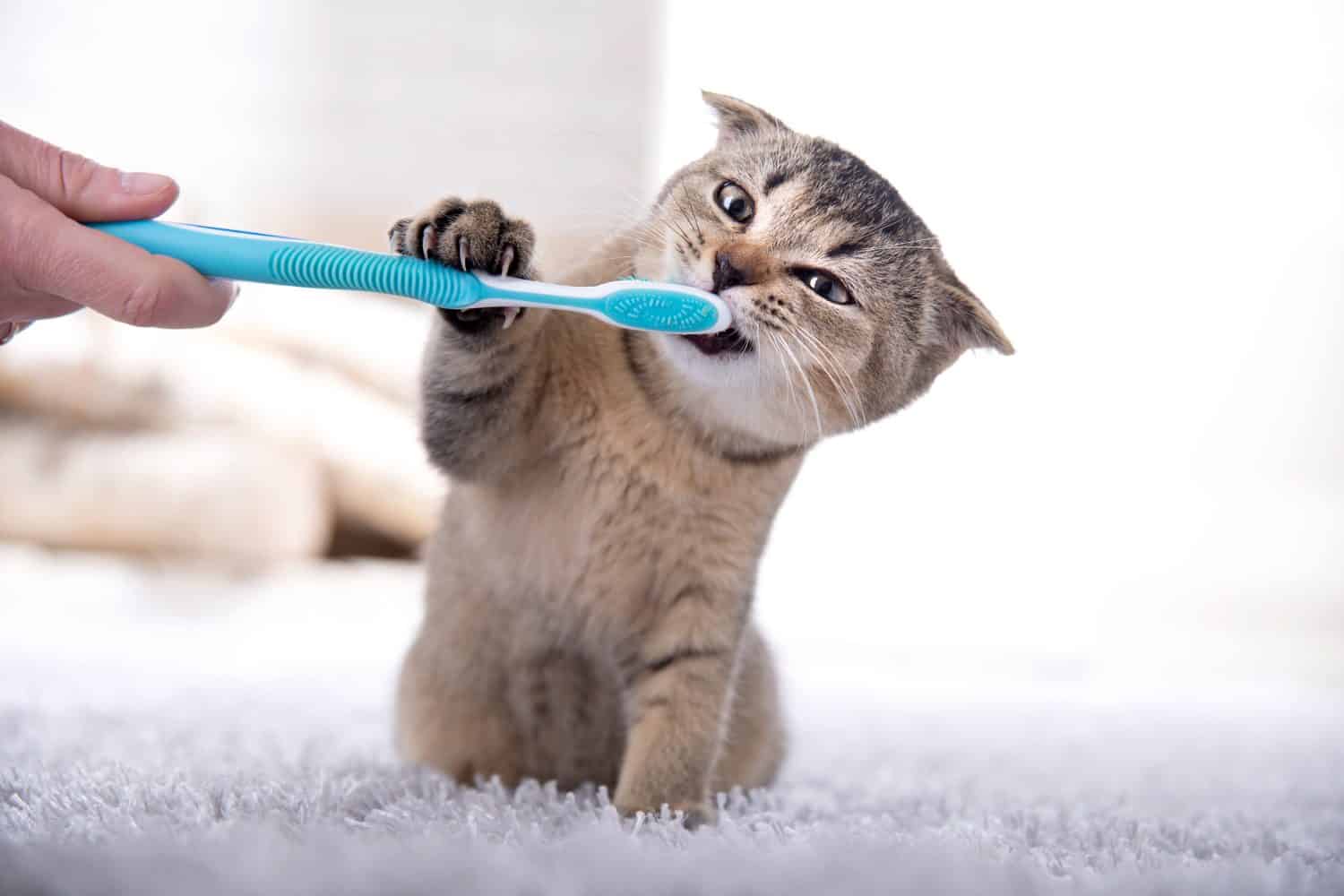
Like you, cats need regular dental care. This includes brushing their teeth with a cat-specific toothbrush and toothpaste. You can also care for their teeth by offering dental treats, which helps to remove plaque and tarter from your kitty’s chompers. Be sure to have your veterinarian check their dental health during annual check-ups as well. This way, you know when it’s time for a professional dental cleaning.
20. Let Them Outdoors

Unless you have an enclosed catio for your kitties to enjoy, letting them roam outdoors is dangerous. There are predators outdoors that can seriously injure or kill cats (not to mention the potential for accidents due to traffic). There are foods they may ingest out of curiosity that could poison them, and they could bring home a host of diseases and parasites (if they make it home at all). Indoor cats are safest when they’re inside the home, comfortably snoozing away from the limitless dangers of the outdoors. (Also See Interesting Facts You May Not Know About Cats)
